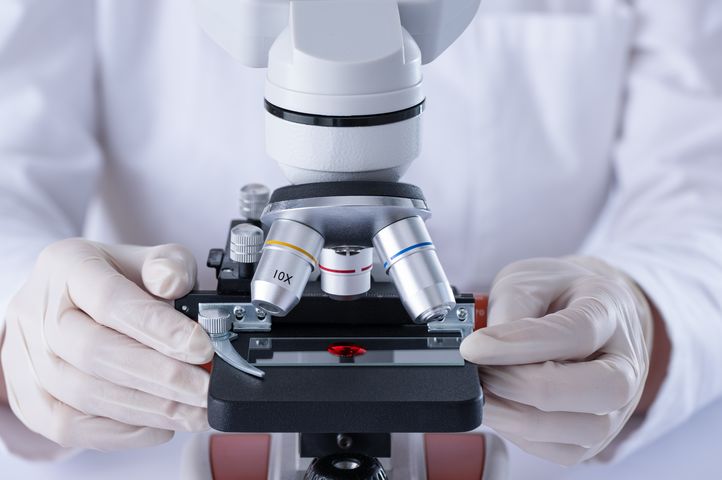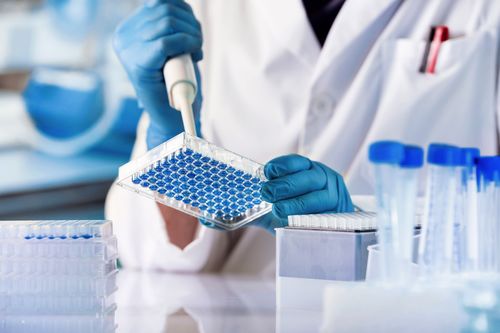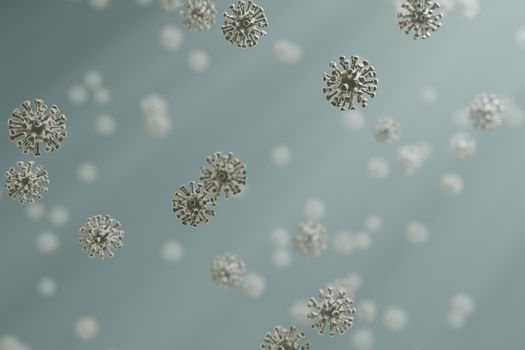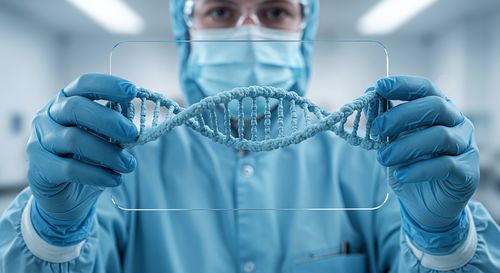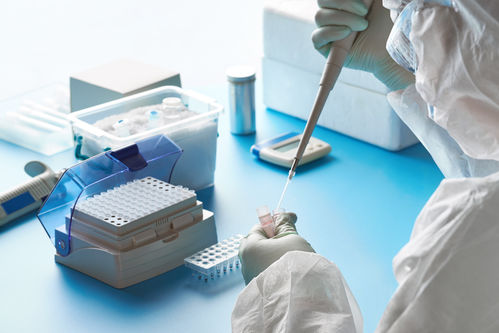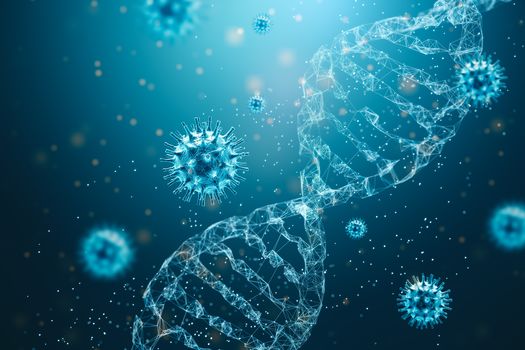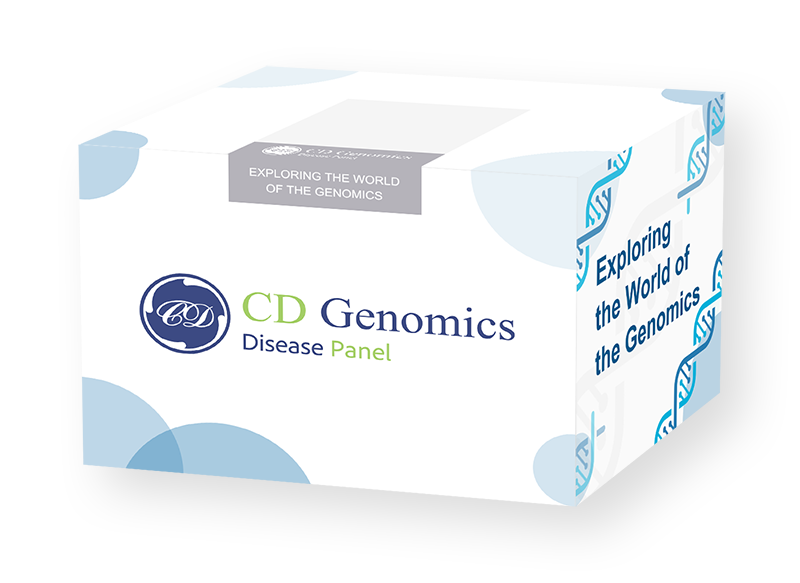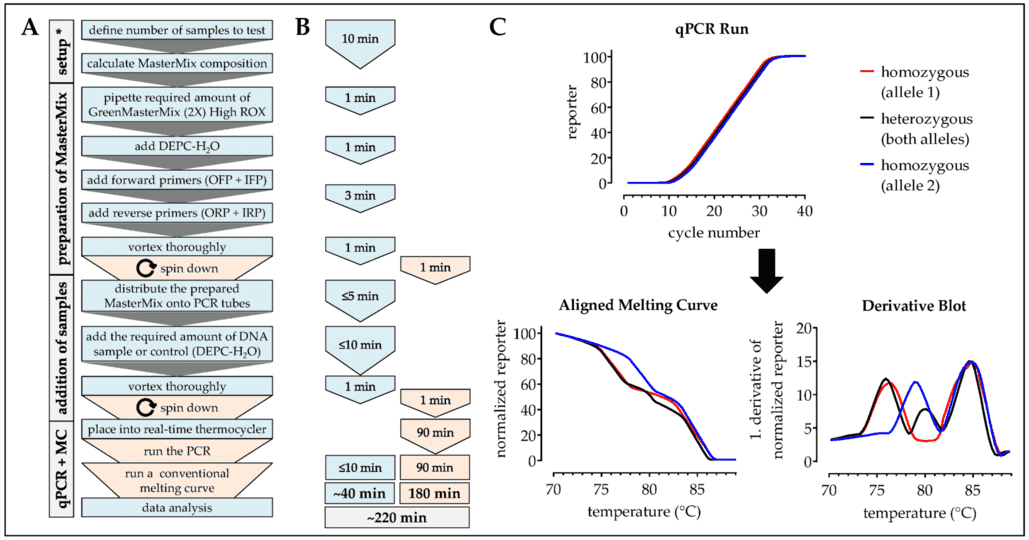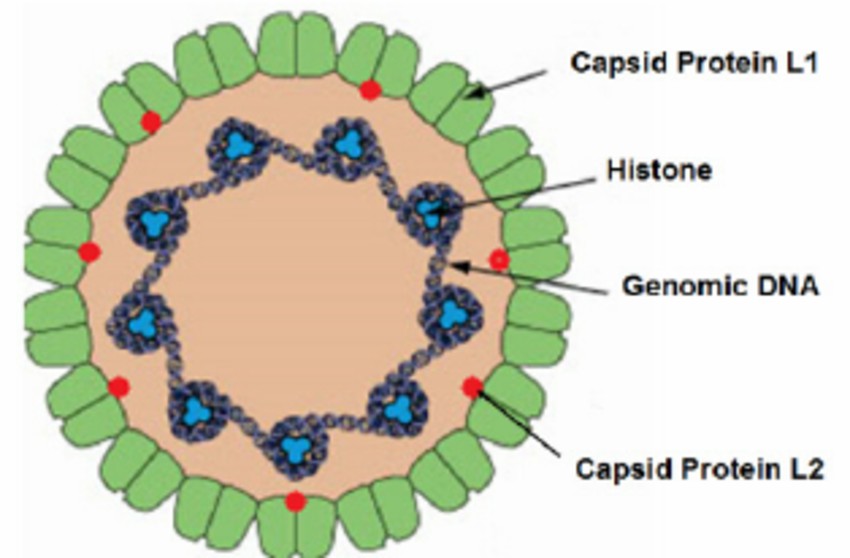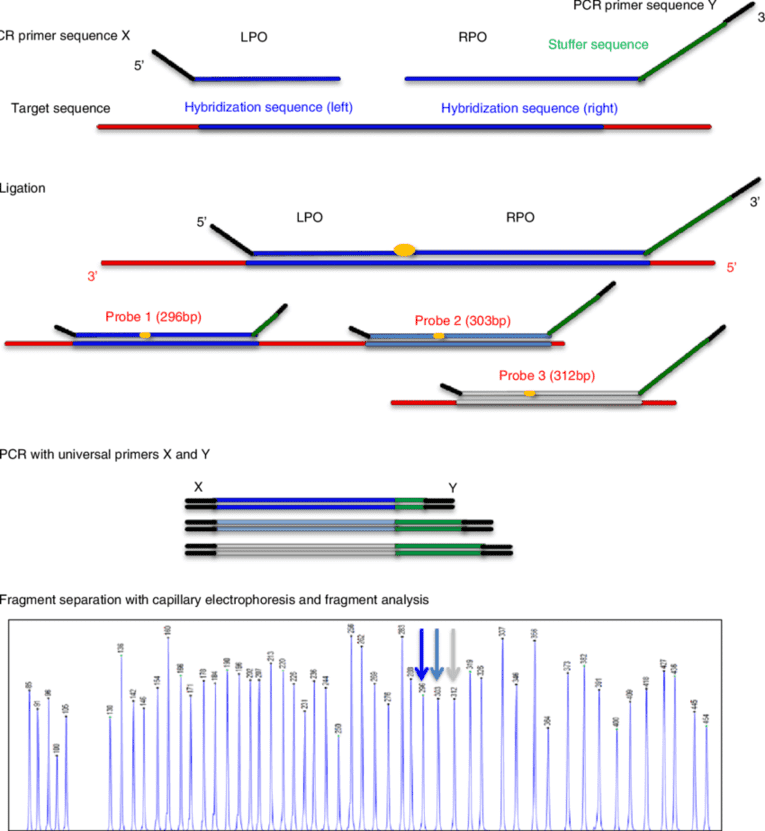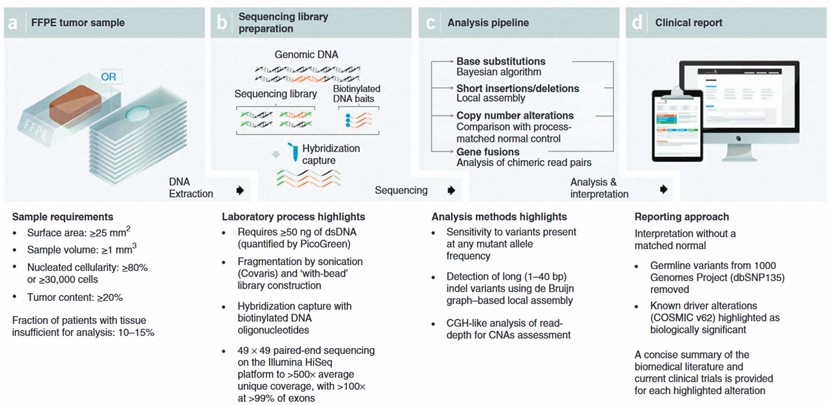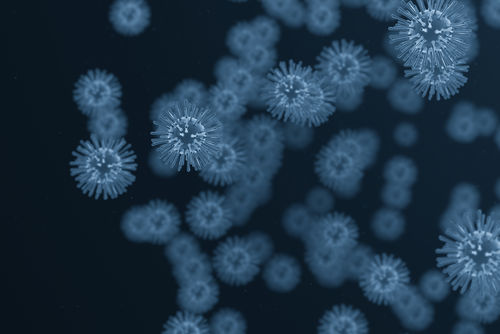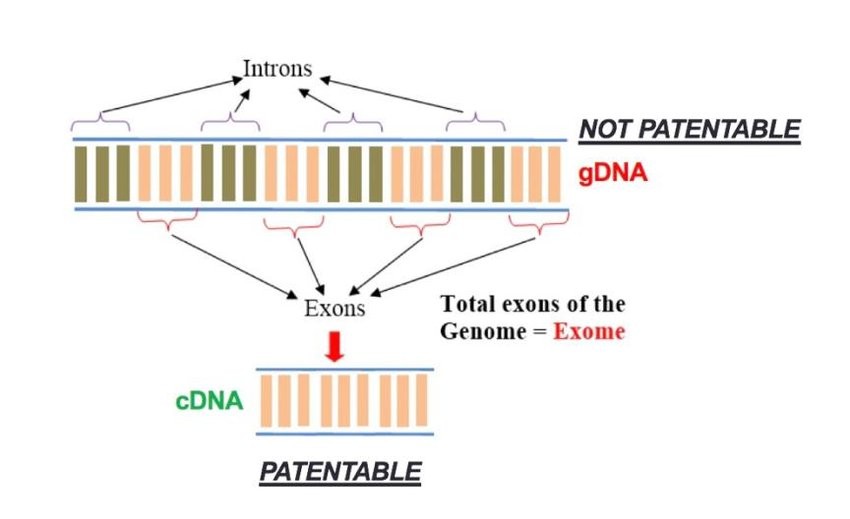Custom Fatty Acid Oxidation Disorder Panel

Introduction
Fatty acid oxidation disorder is a kind of disease caused by deficiency of enzyme needed for oxidize fatty acid. Fatty acids in the body are divided into short chains (2-4 carbon), medium chains (4-12 carbon) and long chains (more than 12 carbon), depending on how many C atoms they contain. There are two kinds of organs in human body to complete the oxidation metabolism of fatty acid β: mitochondria and peroxidation objects. Mitochondria are mainly engaged in the metabolism of fatty acid with ≤20 carbon units. So far, at least 25 enzymes or transporters involved in the oxidation of fatty acid beta have been found. Abnormalities in any of the fatty acid oxidation links can lead to the disturbance of fatty acid decomposition and energy generation, and the dysfunction of nervous system, skeletal muscle, heart, liver, kidney, digestive tract, etc.
Disease-related gene description
The obstacles in the process of fatty acid metabolism include: fatty acid and carnitine transport disorders, CoA dehydrogenase deficiency, dysfunction of various enzymes required for β-oxidation in the mitochondrial matrix, the disorder of ketone body formation or the combination of several defects exist. In addition, pregnancy can also induce abnormal beta-oxidation metabolism. All the metabolic defects limited to mitochondrial fatty acid metabolism disorders are autosomal recessive with great genetic heterogeneity. Fatty acid and carnitine transport disorders include cellular uptake of fatty acid barriers, cytosolic carnitine transport disorders (primary carnitine defects), CPT I deficiency, carnitine-CAT deficiency and CPT II deficiency. CPT II deficiency is the most common type of fatty acid metabolism disorder. Defects in acyl-CoA dehydrogenase (ACD) include very long-chain, medium-chain, and short-chain. 80% of medium-chain ACD (MACD) defects in the amino acid residue 985 locus adenine are replaced by guanine (985 A>G). Short-chain ACD (SACD) defects often have two mutations, namely 625G>A and 511C>T. The mutations in ETF gene are present in individuals with multiple CoA dehydrogenase abnormalities (MADD). Mutations in the HADH and HADHA genes result in defects in long-chain and short-chain 3-hydroxyacyl-CoA dehydrogenase (LCHAD, SCHAD), respectively. More genes are listed in fatty acid oxidation disorder gene list.
To better understand and support for the study of genetic alterations in fatty acid oxidation disorder, CD-Genomics provides a custom fatty acid oxidation disorder panel containing optimized genes which are reported associated with the increase of risk of fatty acid oxidation disorder. Targeted DNA sequencing technology by Illumina MiSeq system is provided to detect the genes you are interested in.
Custom fatty acid oxidation disorder panel offers but are not limited to:
-
Powerful sequencing technologies with advanced target enrichment methods are offered. Targeted DNA sequencing technology by Illumina MiSeq system provides ultra-deep sequencing to target specific genomic regions.
-
Every detected genetic variant will be further validated to ensure the validity of results.
-
Strict quality control throughout the pipeline workflow ensures the accuracy and repeatability of the sequencing.
-
Our custom fatty acid oxidation disorder panel content is designed to keep up with the frontiers from current literature about lung cancer panel to target all relevant regions.
-
Only detect fatty acid oxidation disorder-related genes you are interested in, saving your time and cost.
-
Precision bioinformatics pipelines ensure superior analytical performance.
Choose the genes that suit you from the fatty acid oxidation disorder gene list
| ACAD8 |
ACAD9 |
ACADM |
| ACADS |
ACADVL |
CPT1A |
| CPT2 |
ETFA |
ETFB |
| ETFDH |
GLUD1 |
HADH |
| HADHA |
HADHB |
HMGCL |
| HMGCS2 |
HSD17B10 |
LPIN1 |
| MLYCD |
PPARG |
SLC22A5 |
| SLC25A20 |
TAZ |
|
Specimen requirements of our custom fatty acid oxidation disorder panel
- Specimen: blood, saliva, extracted DNA.
- Volume: 2-5 mL blood, 2 mL saliva, 3ug DNA.
- Collection: blood is collected by routine blood collection and saliva is collected by saliva collection kits (kits are available upon request). DNA samples are stored in TE buffer or equivalent.
- Container: lavender-top (EDTA) tube or yellow-top (ACD) tube.
- Storage/transport temperature: room temperature.
Gene panel workflow

For more information about the Custom Fatty Acid Oxidation Disorder Panel or need other amplification requirements, please contact us.
References:
- Rinaldo P, et al. Fatty acid oxidation disorders. Annual review of physiology, 2002, 64(1): 477-502.
- Longo N, et al. Carnitine transport and fatty acid oxidation. Biochimica et biophysica acta (BBA)-molecular cell research, 2016, 1863(10): 2422-2435.
- Rani V, et al. Oxidative stress and metabolic disorders: pathogenesis and therapeutic strategies. Life sciences, 2016, 148: 183-193.
- Pougovkina O, et al. Mitochondrial protein acetylation is driven by acetyl-CoA from fatty acid oxidation. Human molecular genetics, 2014, 23(13): 3513-3522.
* For research purposes only, not intended for clinical diagnosis, treatment, or individual health assessments.
Related Services
Related Products
Related Resources


